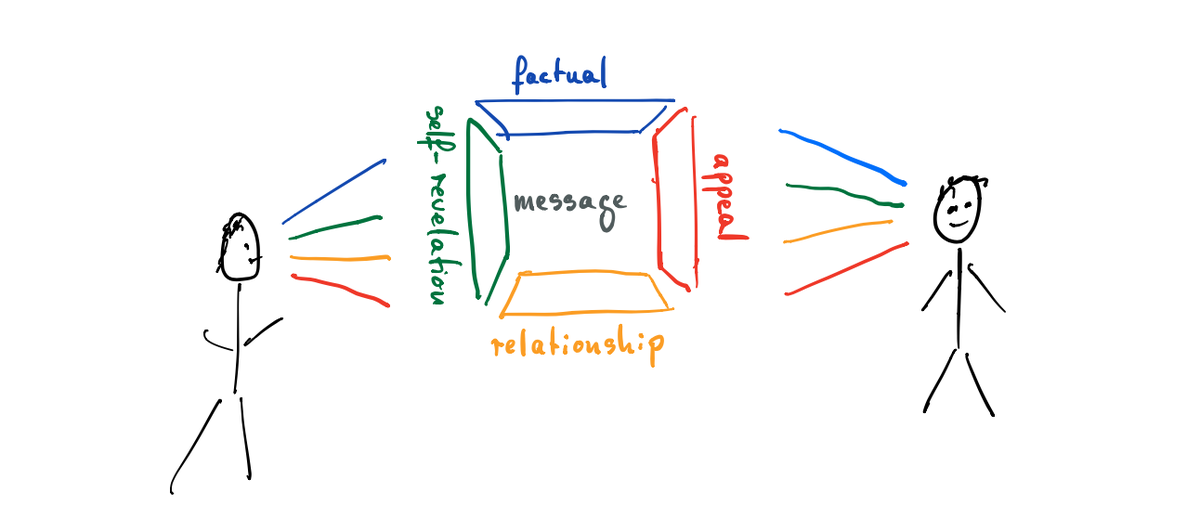
1/7
Brilliant interactive animation of the coin toss.
Expected value: blue line.
Realizations: red/grey lines.
If you play for long enough, the slope of _any_ red line will point down, with mathematical certainty.
Brilliant interactive animation of the coin toss.
Expected value: blue line.
Realizations: red/grey lines.
If you play for long enough, the slope of _any_ red line will point down, with mathematical certainty.
https://twitter.com/TheShubhanshu/status/1341253515608547328
2/7
Early treatments of these problems, in the 17th century, assumed that people should optimize expected wealth (blue line). If they did, they would voluntarily play this game -- the blue line points up.
But real people didn't behave this way. They declined the offer to play.
Early treatments of these problems, in the 17th century, assumed that people should optimize expected wealth (blue line). If they did, they would voluntarily play this game -- the blue line points up.
But real people didn't behave this way. They declined the offer to play.
3/7
This happened before it was known that expected wealth (blue line) is not what happens over time (long-time limit of any red line).
So people were puzzled.
The solution to this puzzle is called expected-utility theory (EUT), developed in 1738.
This happened before it was known that expected wealth (blue line) is not what happens over time (long-time limit of any red line).
So people were puzzled.
The solution to this puzzle is called expected-utility theory (EUT), developed in 1738.
4/7
EUT says your perception of wealth is subjective. Effectively, you subconsciously transform wealth non-linearly into an object called utility, and because of the non-linear transformation, expected utility can shrink over time, while expected wealth grows.
EUT says your perception of wealth is subjective. Effectively, you subconsciously transform wealth non-linearly into an object called utility, and because of the non-linear transformation, expected utility can shrink over time, while expected wealth grows.
5/7
That may all be true, meaning we can think like this if we want.
But Ergodicity Economics points out that there's a simpler explanation for people declining the gamble: over time (though not in expectation), you lose money in this game.
That may all be true, meaning we can think like this if we want.
But Ergodicity Economics points out that there's a simpler explanation for people declining the gamble: over time (though not in expectation), you lose money in this game.
6/7
If you point this out to an economist, often s/he is elated because this is an amazing simplification that (at this level) makes do without psychological or congnitive assumptions. Everything is observable and physical: you just lose money -- why would you play?
If you point this out to an economist, often s/he is elated because this is an amazing simplification that (at this level) makes do without psychological or congnitive assumptions. Everything is observable and physical: you just lose money -- why would you play?
7/7
Other economists have internalized the psychological explanation so deeply that they can't see the beauty of this alternative treatment.
Some even get angry and try to discredit or intimidate me, believe it or not.
Let's end with this Blaise Pascal quote.
Other economists have internalized the psychological explanation so deeply that they can't see the beauty of this alternative treatment.
Some even get angry and try to discredit or intimidate me, believe it or not.
Let's end with this Blaise Pascal quote.

• • •
Missing some Tweet in this thread? You can try to
force a refresh




